Why failure is the only option
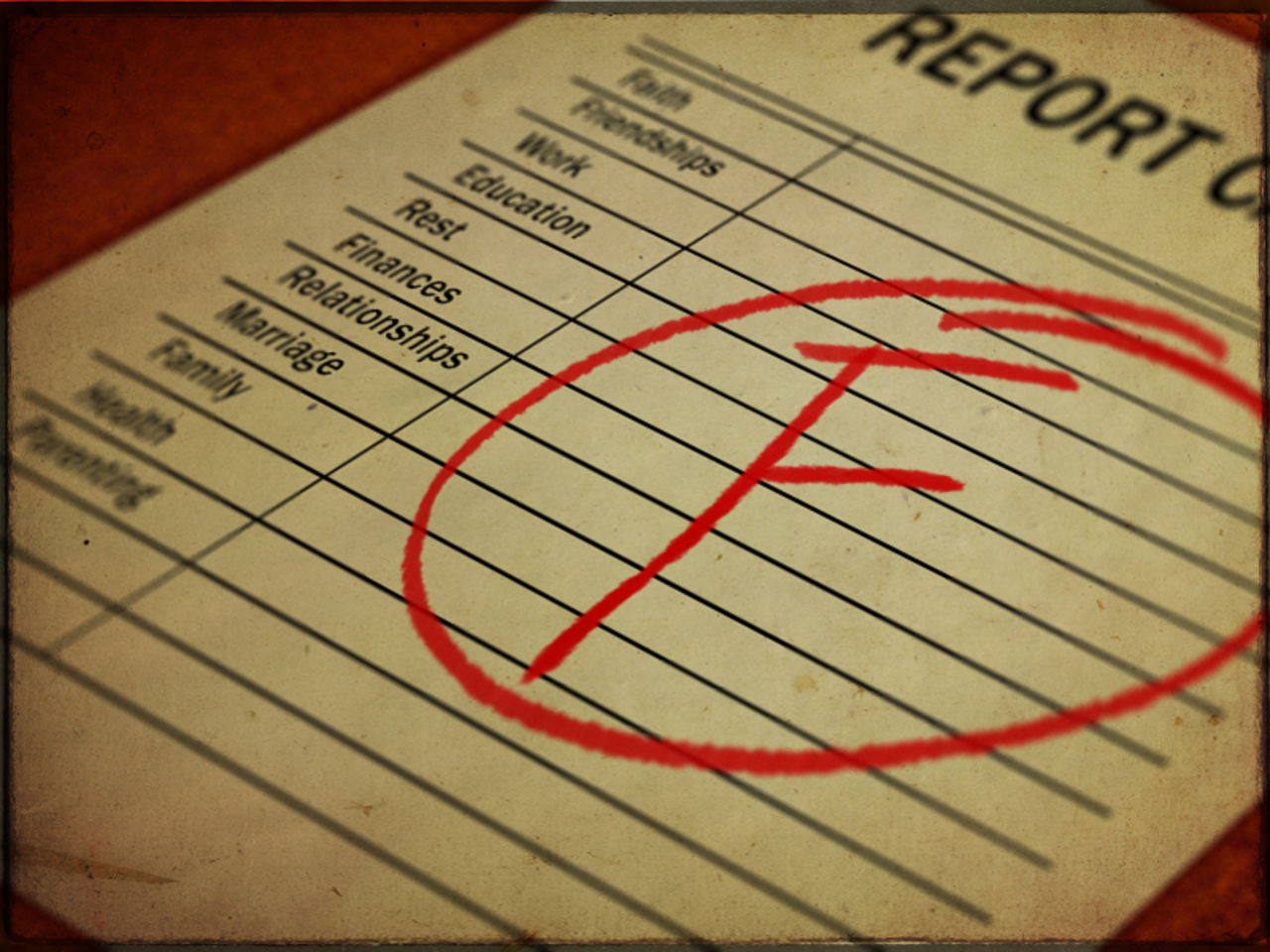
Modern parenting techniques seem to have transitioned into a “must use bubble wrap and cotton wool to protect my little darling’s self esteem”. This is dangerous and utterly misguided. From my perspective sat firmly on the fence, you understand.
I know why – nobody likes to get something, anything, wrong. It makes you feel bad, look bad, it’s frustrating and you might have to start again. Or quit.
Failure is OK
Nobody wants their children to feel bad, or “worse still” be seen to look bad. No one that is, except the parents who remember that failure is ok, that failure a learning opportunity.
Failure is the path to success.
It’s not someone else’s fault
Several generations now are starting to struggle with failure – with some severe consequences including increased rates of suicide and self-harm. There has also been a significant rise in the ‘blame culture’. “It’s the teachers fault I failed the exam”, “there should have been a warning that the coffee was hot”, “my alarm clock…” etc.
Children need to fail early in life.
They need to fail so that they can learn that failure is OK, how to cope with undesired outcomes, and that they can influence their results. They need to deal with the consequences of not completing their homework, or not applying to take part by the deadline.
That is not to say we shouldn’t support them.
Using riding a bicycle as an example, we give them stabilisers to reduce the risk of them falling off while they learn to balance. One day though, we have to take those stabilisers away. They will fall off. They will get hurt. They will either learn how to not fall off, or they will never ride a bike again.
Most will cry, get over it at some point, try again, fall off again, and repeat until they can ride unaided. Even then, they’ll fall off at eventually. When that happens though, they’ll (hopefully) simply curse themselves, get back on and carry on.
This is where it gets a little difficult though.
It could be the fault of the tyres that they fell. The tyres were flat. Or it could be the brakes that didn’t work, or the path that was too rough.
Except that each of these things were really the fault of the rider.
Did they check the tyres & brakes before they set off?
Did they assess the state of the path vs. their skill level?
We need to use failures such as these to teach responsibility.
They are responsible for their results
Most things in life are within the control of the person – even if that means getting off the bike and walking over the rough ground.
Later in life this translates into things like quitting and finding a new, more rewarding or less stressful job, or accepting that the current prestige car is not affordable any more and changing to a ‘less desirable’ but more affordable model (rather than plunging the family into real poverty).
Responsibility is something that must be learned as children – so that as they grow, and they learn to recognise the signs & symptoms of failure, they realise it is up to them to correct course early, or to use failure as an opportunity to learn.
Post-it Notes were a spectacular failure of a high-strength adhesive, WD-40 took 39 attempts before the inventors were happy with the formula, J K Rowling was rejected by 12 publishing houses before Harry Potter was accepted.
This shows that failure should not be regarded as incompetence, or anything other than the natural process of life. Rather it should be fully embraced – otherwise our children may avoid the challenges that promote their growth and learning.
Hopefully you agree that by mollycoddling our children and ‘protecting’ them from the pain and disappointment of failure, we’re actually hindering their progress and setting them up for much bigger and more consequential failures in later life.
Failure is the only option – either we let them fail now, or they will fail later.
How you can help
Be there for them, reassure them that failure is normal – that it is nothing more than a temporary setback and a learning opportunity. Support their progress, coach if you can, but let them learn through experience.
Action A leads to result B. If I don’t study, I will fail the test. If I don’t practice, I won’t make the team. Allowing and assisting in our children learning this relationship between input and outcome teaches them that their decisions drive the results. Not yours. Never yours.
This applies whether in the context of academic performance, sports or even diplomacy and negotiation.
Teach your children about growth. It is easy to see that people, animals and plants grow from small to big and that this is the natural way of things. What is not so easy to see, and must be taught to our children, is that we can control aspects of this growth.
Physical performance can be controlled by diet and lifestyle – swimmers, cyclists and gymnasts all have a different appearance with greater concentrations of muscle and strength in different places. This is growth they have controlled, by feeding and exercising the specific muscle groups relevant to their chosen pursuit.
The brain is no different. Teach your children not that they are born with a fixed level of intelligence, but that by trying harder, or in different ways, they can improve their abilities and results.
Some of the most successful businesspeople had poor or no academic grades, Richard Branson, Deborah Meaden, Alan Sugar and Jo Fairley are but a few examples of early school leavers or ‘failures’.
Help them understand their feelings. Failing will feel bad. This is normal, and it is OK. If you’ve not seen it, Disney’s Inside Out movie really brings this home. Sadness, and learning to deal with it is as important in childhood and growing up as Joy, Anger, Fear and Disgust.
Don’t praise participation
Medals for attendance are not in the best interests of our children for several reasons.
At one end of the spectrum it reinforces the sense of entitlement now prevalent amongst our children, teens and young adults – “I should be rewarded simply for being here”. At the other end, it severely devalues the efforts and successes of those who did train, sacrifice and commit to achieving success.
If we take away the value of their efforts, why should they bother?
While it is easy to say this is unimportant in respect of a school sports day race, it actually starts to mould a mindset in our children. If they are not rewarded for their efforts, or rather others who did not put in any effort are also rewarded, why should they try harder in work, love or life in general?
This ensuing negative mindset is not the fault of the child – it is the fault of the parents and teachers – us – for trying to protect fragile egos instead of encouraging them to try.
When praise is bad
Overdoing the praise can and does have negative consequences. We want our children to feel loved and special – this is why we say things like “you’re so smart”, “beautiful” or “special” etc. The downside to this is that children, teens and young adults try to maintain this feeling of acceptance and self-worth based on who they are, and not on how they contribute.
This has probably raised a few eyebrows.
Yes, everyone should be accepted for who they are. People should not be praised for who they are. OBE’s, Oscars, Nobel prizes etc. are not given to people for who they are. They are given for what they do, their efforts and their contributions. They are not first across the line prizes either.
What we need to praise and encourage – and what our children need to understand – is that life will reward their contribution and effort – and that this in turn leads to feelings of acceptance and value.
Doing so means our children can try something new, fail, and learn, without there ever being a risk to their sense of value or worth.
Keep praise genuine, and for legitimate effort; “you really persevered out there”. Don’t give inflated praise when they haven’t really done anything. Don’t limit your praise to results day either – recognise the work they are putting in to study or training.
If they don’t make the podium on the day, so be it. Praising their progress as they make it is so much more rewarding than “It’s the taking part that counts” when they’re feeling blue.
Ignore me and do it anyway
All of this needs to be applied in moderation.
Tell your children they are beautiful – just don’t let it be the only praise you give them.
Let them fail, but not all the time. Give them a leg up sometimes – they’ll learn from that too.
In this world of winning and losing, don’t forget to take time to just play with your kids.
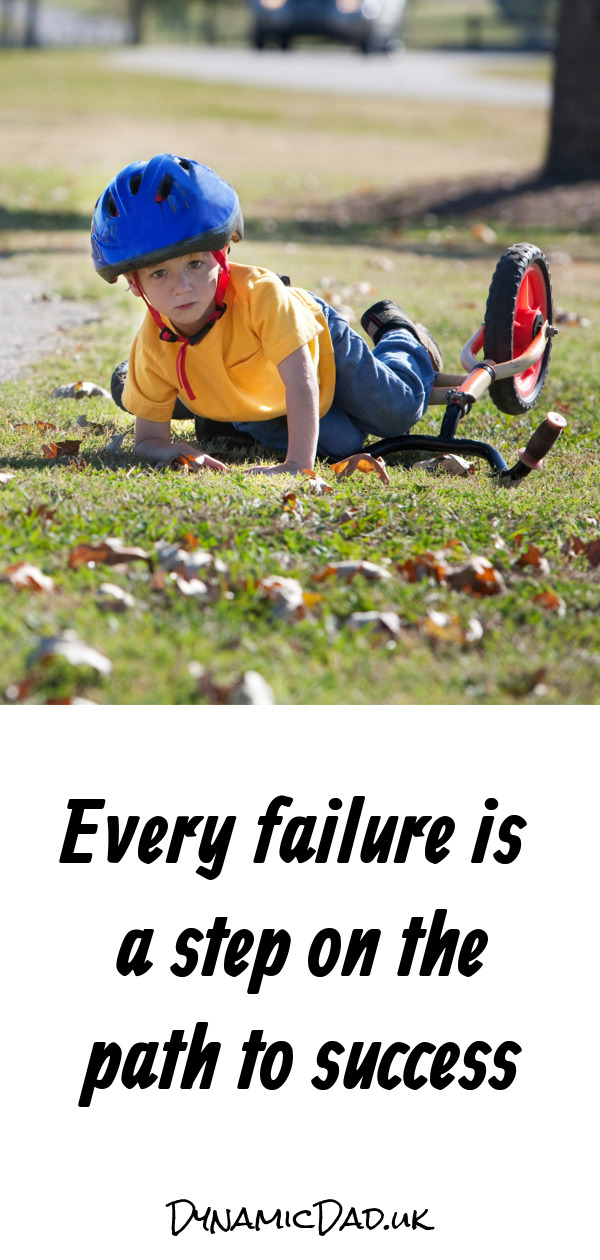

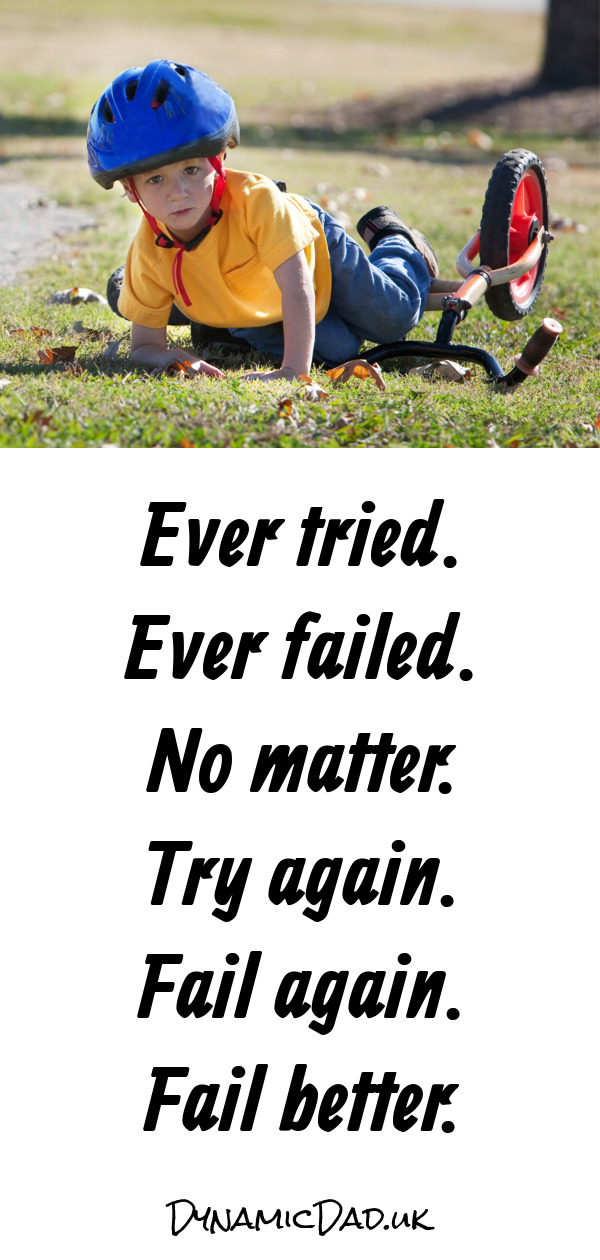
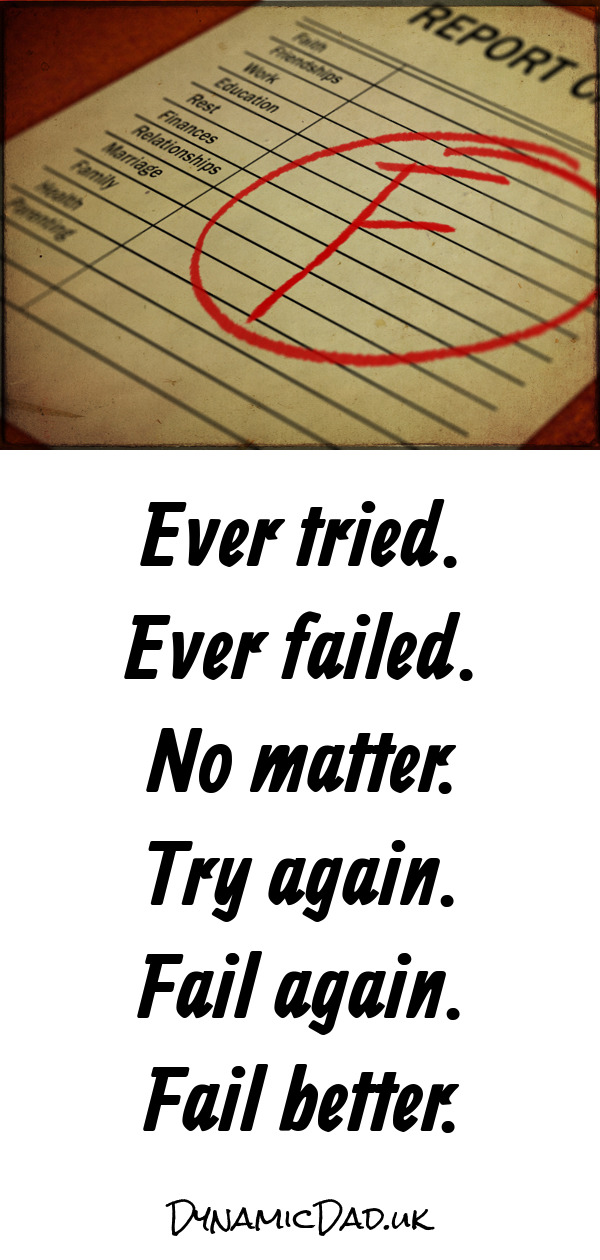
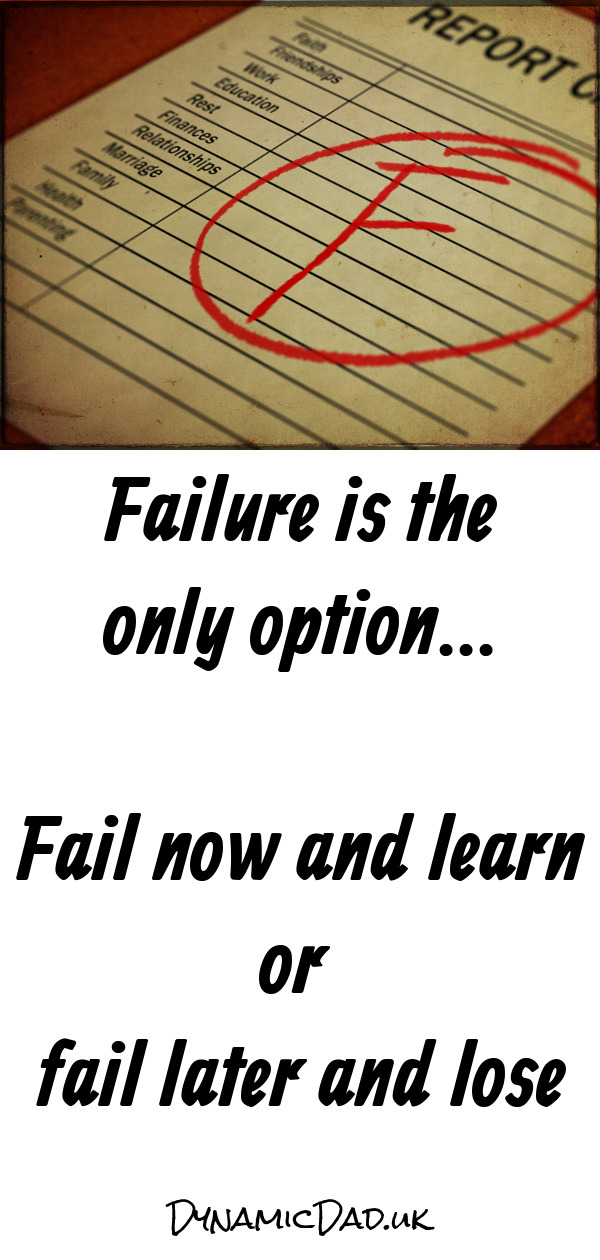

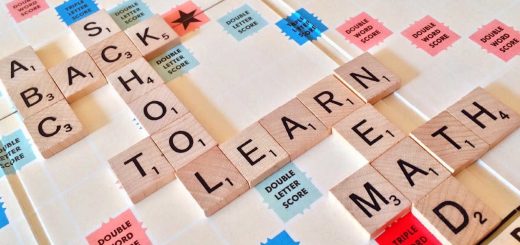


I agree so much! The only way kids can learn is to understand failure and how to grow from it
Beth | https://bethrebecca.com/
It’s one of the most important, but hardest things we can do for them isn’t it?
We’ve always struggled with the idea that parents praise work that has obviously been rushed and looks dreadful! Our kids get a good ol’ well done whenever they do something excellent!
I like the provocative title! It really drew me in 🙂 I totally agree though. The number of times I warn my four year old stepson not to do something and then he does it anyway and usually ends up with a sore knee or elbow… Obviously I don’t want him to get hurt but sometimes they just have to do things to know that they “can’t”. I’m 33 weeks pregnant currently and hope – crossed fingers and toes – I don’t morph into the bubble wrap and cotton wool kind; I will try my hardest not to! #BlogCrush
Love this, love the idea of teaching them about growth. Learning from mistakes and owning our own mistakes is really important. Great post #blogcrush
Some of my very greatest successes have come only as a result of failure. I agree with your every word. Bravo! #dreamteam xo
Back at you, from #blogcrush xoxo
And now, #thatfridaylinky Can you tell I love this post! xox
Love this post! It really hits home about over doing the praises and letting them just get on with things, even if it doesn’t work out. Because at the end of the day, we all learn by trial and error. If parents go around spoon feeding off spring, when will they ever grow up and take responsibility. Thanks for sharing with the #dreamteam linky.
This is spot on kids need to learn failure as well as success it will make them better people and adults great post Thank you for linking to #Thatfridaylinky please come back next week
So true: kids need to feel it’s okay to not succeed immediately …that they have to work to achieve results and earn places on teams.
I wrote a post on why I want my children to fail recently after my other half ‘failed’ to finish a 186 mile race (he dropped out at 107 miles). But it wasn’t a failure in my book! #DreamTeam
Really interesting post. I definitely agree we should t wrap our kids up in cotton wool, failure is a good thing in so many ways and it is a great learning curve too. I have learnt so much from the mistakes I’ve made in my life. My four year old really hate losing games, we were encouraged by our teacher to play games with him at home and make sure he didn’t always win so he could learn to cope with not always getting his own way and expecting to win every time xx #blogcrush
I totally agree and kids need to be responsible for their actions from a young age. Our eldest is 10 and for a while now we’ve instilled the importance of independence and that we can only do so much and the rest is down to her. Sometimes you have to have a bit of tough love!
When ever my child thinks she fails, I tell her that she learns from all of the fails. They define her as a person and she has a positive mindset. She shrugs her shoulders and moves on. I love her positivity.
That’s excellent, and exactly as it should be!
I agree completely. This is something we try to instil in both of our children – my daughter takes it the hardest as she loves to win everything… xx
It can be really difficult teaching them they can’t always win, they get so upset – mine too – but it’s so worth it in the long run.
I do feel that it is healthy for them to understand about failure and losing. I try to teach them to all three of my children!
Exactly, as much as they may hate it now, they’ll see the value later!
This is a really interesting post. And I do agree. As much as I hate to see my children upset. They need to learn that every action has a reaction. That decisions can have negative consequences, I guess our role as parents is to be there to help them pick up the pieces and figure out their next move. Hugs Lucy xxxx
That’s a pretty accurate description of the job!